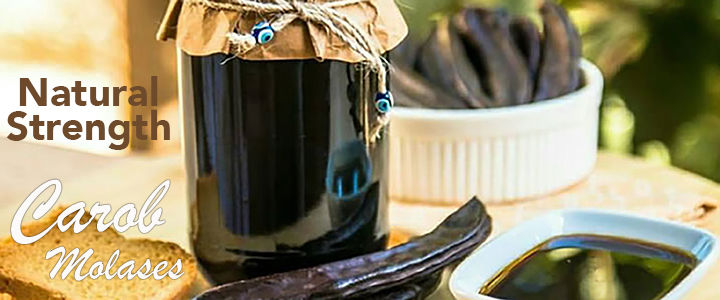English
You have no items in your shopping cart.
Spices & Soup
BASAK Inegol Kofte Harci 75g
Put 1 kg of low-fat meatballs for meatballs, 1 pack of inegöl meatball mortar and 3 tea glasses (225 ml) of warm water into the bowl and knead until it reaches the consistency of a mortar. Shape the meatballs and rest them in the refrigerator in a closed container for 1 hour. Cook in a pan, oven, grill, or barbecue and serve hot. Enjoy your Inegol Style Meatballs. Product of Turkey
$3.99
BASAK Isot Pepper (Urfa Pepper) 70g
Urfa biber also known as Isot is a dried Turkish chili pepper of the type Capsicum annuum cultivated in the Urfa region of Turkey. It is often described as having a smoky, raisin-like taste. Urfa biber is technically a red pepper, ripening to a dark maroon on the plant.
$3.99
BASAK Mahleb 75g
Mahleb or Mahlab is an unusual fragrant spice made from the seeds of a small, black cherry tree that grows wild in the Mediterranean region across to Turkey. It was first used for perfumes in the Middle East and Turkey, where it later became popular as a spice for flavouring breads. The world’s major producer of mahlab is now Turkey. Mahlab is the dried kernel of a small cherry stone. Bouquet: quite sweet with notes of cherry and almond. Some describe it as resembling marzipan. Flavour: a combination of fragrant rosewater-like sweetness and a nutty and faintly bitter, but not unpleasant aftertaste. Hotness Scale: 1 Mahlab is used widely in Mediterranean countries and the Middle East, especially Turkey, in breads, biscuits and less sweet cakes and pastries. It is well worth experimenting with this unfamiliar but intriguing flavouring. One or two spoonfuls added to a rich pastry for fresh fruit flans gives them a subtle note. Simple milk puddings can be transformed with a few pinches of mahlab and Turkish rice is given its floral fragrance and interesting taste from the spice. A traditional Greek Easter bread is flavoured with mahlab and decorated with coloured eggs. Because of its fragrant character and potential for bitterness, use it sparingly, 1/2 to 1 tsp (2 – 5 ml) to 2 cups (500 ml) of flour in a recipe.
$7.99
BASAK Oregano 30g
Ancient Egyptians used thyme for embalming. The ancient Greeks used it in their baths and burnt it as incense in their temples, believing it was a source of courage. The spread of thyme throughout Europe was thought to be due to the Romans, as they used it to purify their rooms and to "give an aromatic flavour to cheese and liqueurs". In the European Middle Ages, the herb was placed beneath pillows to aid sleep and ward off nightmares. In this period, women also often gave knights and warriors gifts that included thyme leaves, as it was believed to bring courage to the bearer. Thyme was also used as incense and placed on coffins during funerals, as it was supposed to assure passage into the next life.
$3.99
BASAK Red Pepper Sweet 70g
The finest red pepper powder of the almost satin texture easily finds its place in almost every dish. There is no stew, paprikash, goulash, meat dish, rice dishes, sauces or cheese dishes that can have the completely full taste without this super seasoning. Apart from its sweet aroma, it is very recognizable for its carmine red colour: all the other spices have that jealousy blush when comparing to red pepper!
$3.99
.gif)












































.jpeg)